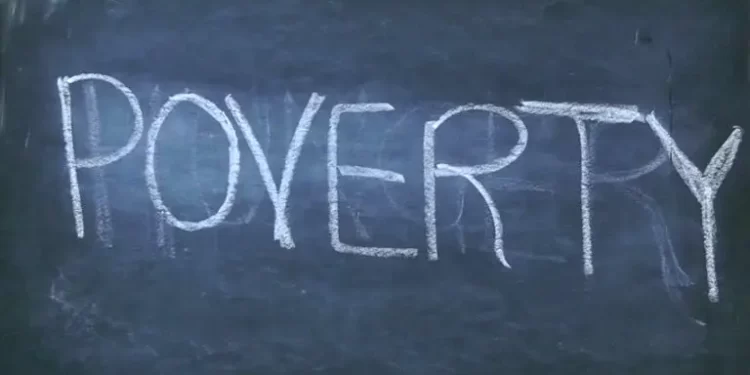Oxfam, a global movement of people who are fighting inequality to end poverty and injustice, has restated its call on the Federal government to reject the counsel of the International Monetary Fund, IMF, that West African countries should introduce austerity measures as a way to debt recovery.
The Country Director Oxfam International, Dr Vincent Ahonsi, who made the call, said austerity measures as being advocated for by the IMF has the potential to further worsen current inequality and poverty.
Ahonsi, who spoke recently in Delta State at the Stakeholders’ Dialogue on the Petroleum Industry Act (PIA) 2021, facilitated by Oxfam, warned that the effects of the prolonged inequality will be worst felt by the vulnerable and marginalised people, including women, older people, racial and ethnic minorities, informal workers.
“Rather we are advocating for medium to long term recovery plans and interventions that will promote further fiscal and policy space that allows for an increase, rather than a decrease, in social spending, progressive tax policies that collect sufficient revenue and redistribute wealth fairly to all,” he noted.
According to Ahonsi, the PIA provides the legal framework for the regulation of all the players in the Nigeria oil and gas sector.
He said Oxfam in partnership with the Civil Society Legislative Advocacy Centre, in conjunction with the National Orientation Agency (NOA) have been holding sensitization and awareness dialogues, to discuss sections of the new petroleum law, highlight their importance, and listen to community feedbacks, all towards engendering ownership of the new law, and buy-in of the communities in its implementation.
“This ownership of, and buy-in in the implementation of the PIA will help in no small measure to facilitate a reduction in Nigeria’s debt profile, curb food inflation, reduce inequality and reduce poverty.
“Oxfam remains committed to working with Nigeria government, the private sector and the civil society towards achieving a sustainable, inclusive and just recovery, post COVID-19 pandemic.”
According to him, Oxfam, which is working across 67 countries, and with people to bring change that lasts, will continue to support the government and the civil society on policies that advance gender justice, reduce inequality, and put people and the planet first.
The sensitisation meeting was facilitated by Oxfam to enable oil producing community stakeholders to understand the inherent indicators and contents of the new PIA, and build their capacity to support government’s initiatives towards improving the economy, and reduce inequality and poverty.






